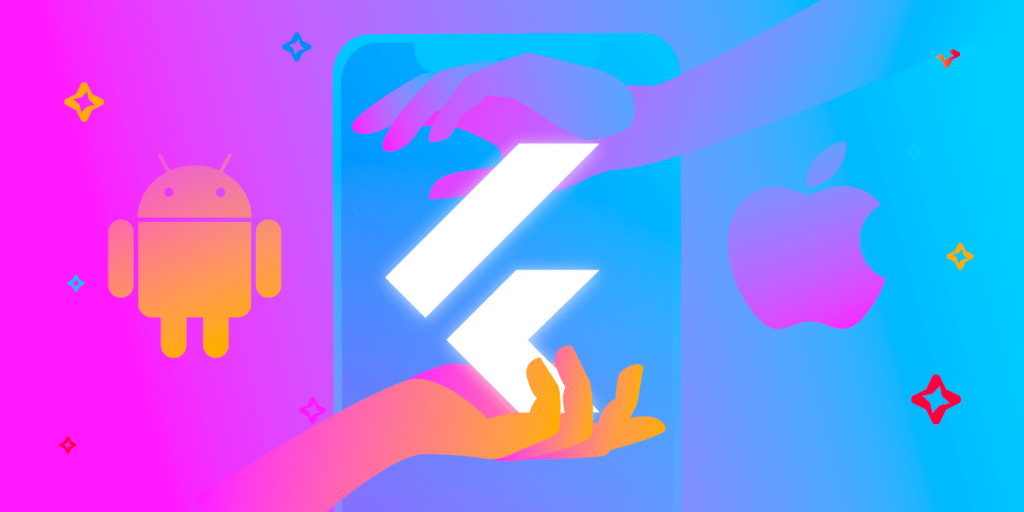When should you consider Flutter when developing a cross-platform app? There are many reasons for this decision, from cost to time to feature set. Here are just a few:
Performance & scalability – Flutter is a cross-platform app development language that has almost 100% code sharing. It is highly customizable – you can use any object – text, image, video, and audio – as a widget. You can customize the UI at any level, including a block or widget’s style. Customizing the user interface with Flutter takes minimal time.
Cost: When building a cross-platform app, it can be difficult to justify if you can’t afford it. Native development means the app runs flawlessly on both platforms, with no gaps and a beautiful User Interface. But when you need to develop apps for two platforms, Flutter is an excellent option. You can save a significant amount of money with this platform and use it to create cross-platform apps.
Time & Cost: When you’re comparing cost, the time and costs for using both Flutter and Unity are similar. Flutter is easier to scale and requires fewer developers, while Kotlin is harder to find. Both options are solid and will shorten your time-to-market. So, which is right for your project? A few pros and cons of both options.
Benefits: The advantages of cross-platform app development far outweigh the costs of developing a native app. Cross-platform apps can be built faster and easier, and you can make changes and optimize the app for performance. However, cross-platform apps are slower than their native counterparts, and they may not support certain smartphone features, like geolocation or microphone. The biggest drawback of cross-platform app development is that it can be more expensive for startups.
How to Choose – Which Platform Should You Use? Which Platform Should You Build Your Next App? The Most Important Factor
Why Choose Flutter? Flutter has many advantages, especially for cross-platform development. It is one of the fastest-growing frameworks, and Google ensures that it evolves constantly. Flutter has strong support, great performance, a large community, and a well-architected code structure. In addition, it’s cheaper than native app development. And when to consider Flutter?
Fast and Easy
Cross-platform app development with Flutter is fast and easy. The Flutter development framework uses Platform Channels to connect data to hardware, which allows developers to easily access hardware. Flutter has libraries for microphones, GPS chips, cameras, and AR capabilities. You may not need a full-blown AR or GPS module, but Flutter libraries are sufficient for basic tasks. But if you are serious about building cross-platform apps, you should start by learning the Flutter libraries.
How to Choose Flutter – How to Decide on Which Platform Should You Use? A Flutter development team will provide you with a comprehensive set of tools, framework, and widgets to make the process easy and fast. They’ll also be able to help you make better, faster, and more polished apps. In short, Flutter will give you a high-performing app that works on any device.


